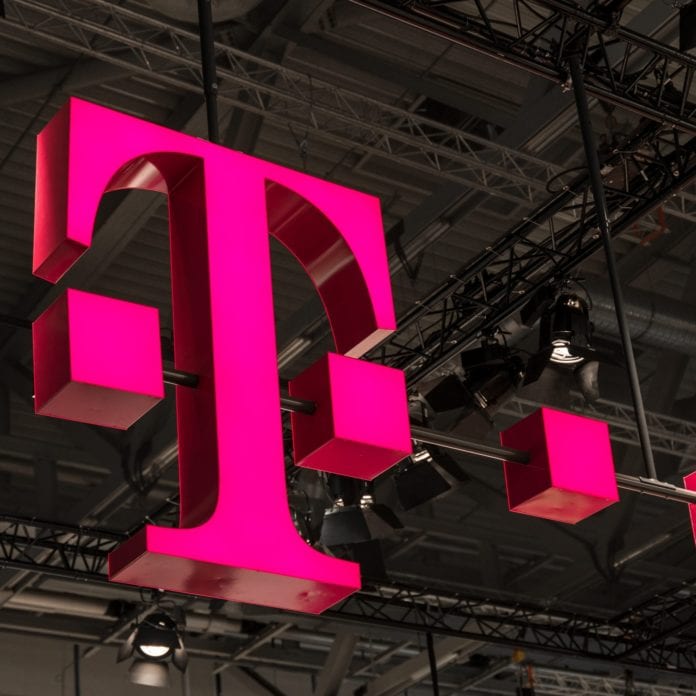Deutsche Telekom announced a collaboration with Swiss company Huber+Suhner for the deployment of 5G small cell antennas across a number of cities across Germany.
Under the terms of the collaboration, Huber+Suhner has developed five small cell antennas for Deutsche Telekom that support 4G and 5G frequencies.
These 4G small cells cover the range of frequencies from 1.7 to 4.2 GHz., the German telco said.
The new small cell antennas will initially operate in Deutsche Telekom’s 4G network but can be upgraded to 5G through an easy process. The small cell antennas will be used for the first time in Kiel, Lüneburg, Osnabrück, Munich, Mülheim and other cities.
“Small cell antennas are an important component of our expansion strategy. We can systematically cover squares and streets with the new antennas. This helps us create more capacity in the downtown areas and thus further optimize our network,” said Walter Goldenits, Telekom Deutschland’s CTO. “A big added value of our Swiss partner’s antennas is their flexible handling: we can convert the supply to 5G in a few easy steps.”
“Developing small cell antennas that support 4G and 5G technology and can be integrated properly into the cityscape despite the limited space was a challenge,” said Claudia Bartholdi, product manager at Huber+Suhner. “The Sencity Urban antennas have optimized performance and allow flexible mounting so that the network can easily be extended to 5G in urban areas.”
Deutsche Telekom said that the 5G small cell antennas will be installed on public telephone boxes, bus shelters, walls, or on LED furniture. The operator said that the omnidirectional antennas are used for market squares, while directional antennas are convenient for narrow streets.
Last month, Deutsche Telekom kicked off the rollout of its 5G network in six cities across Germany. The initial rollouts are taking place in Berlin and Bonn, which will be followed by Darmstadt, Hamburg, Leipzig, and Munich.
DT said that a total of 300 5G base stations in more than 100 locations across the country will be deployed and brought online by the end of the year.
In the upcoming 18 months, the 20 largest cities in Germany will be connected with 5G, according to the operator.
In a recent spectrum auction, Deutsche Telekom obtained 130 megahertz of spectrum in both 2 GHz and 3.6 GHz bands.

